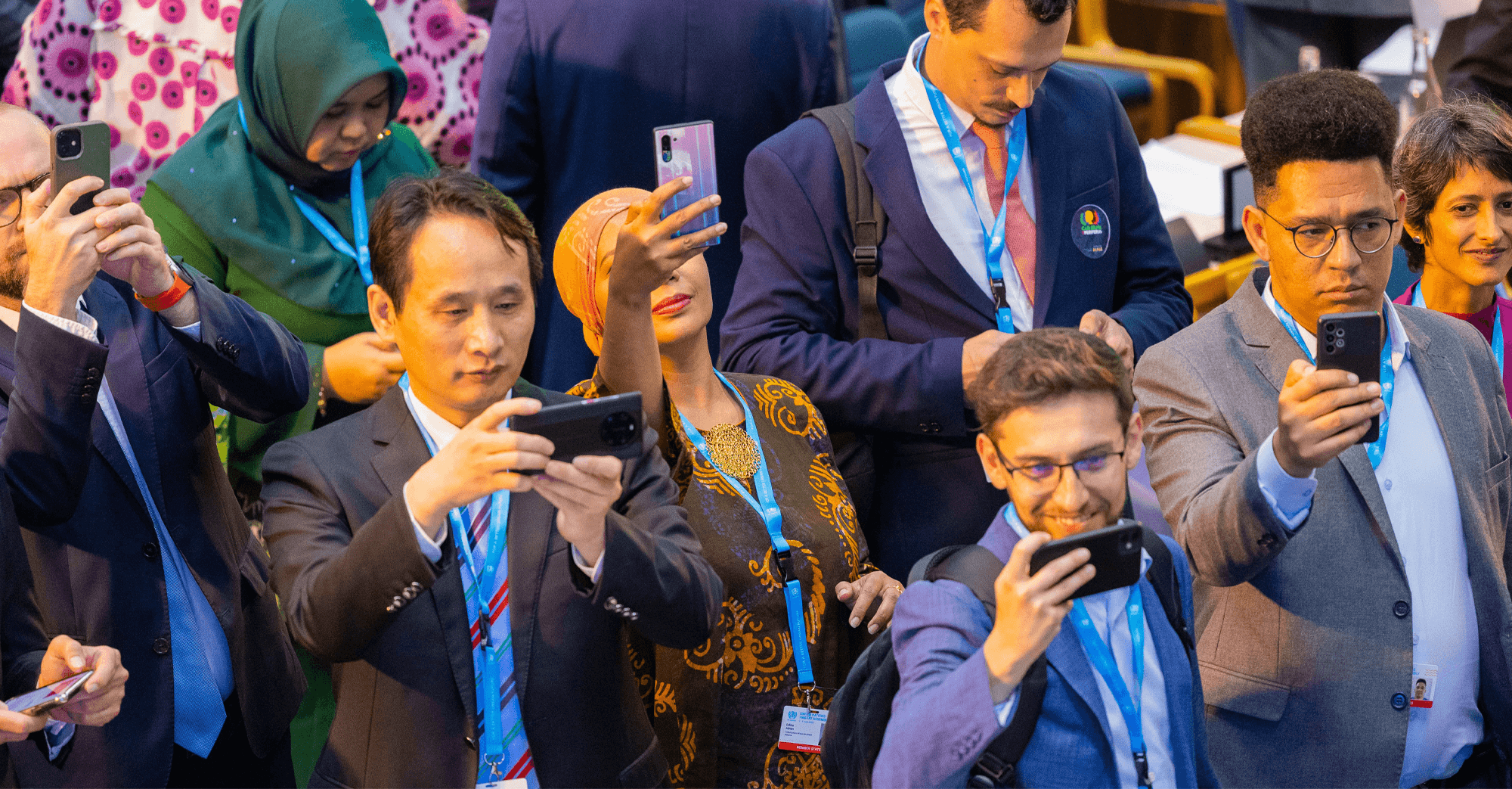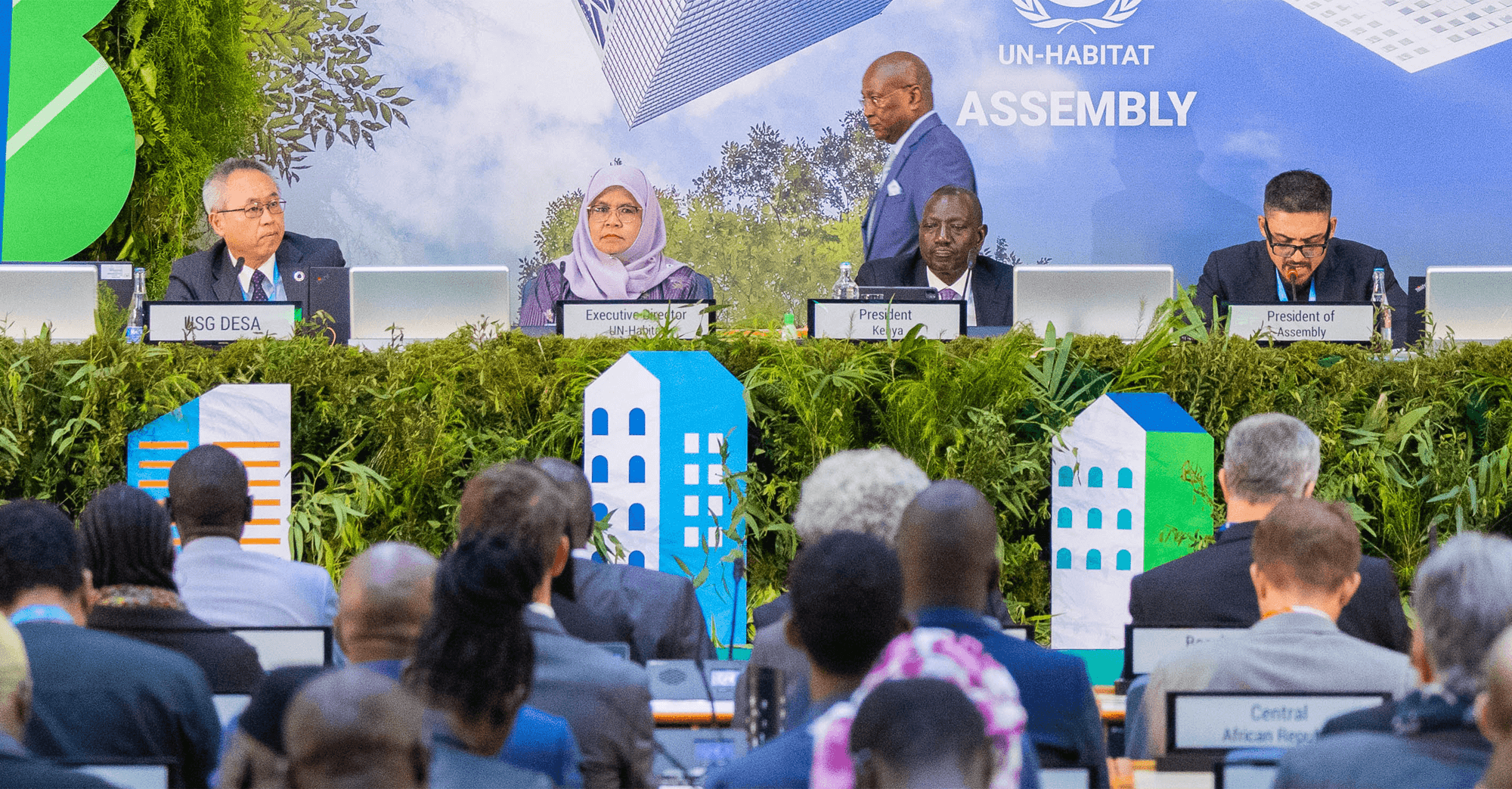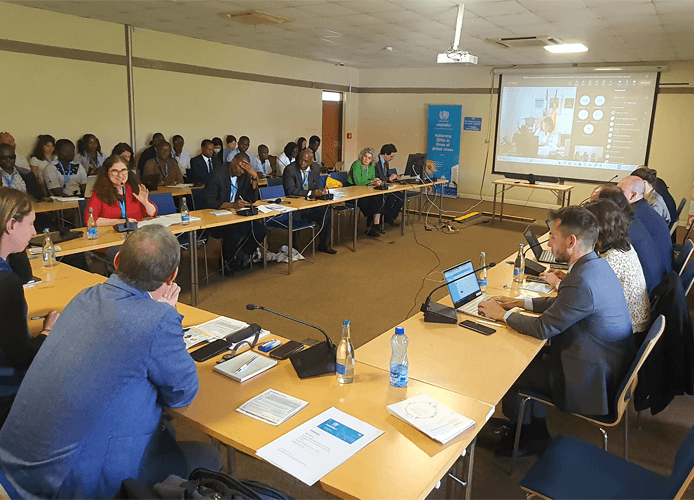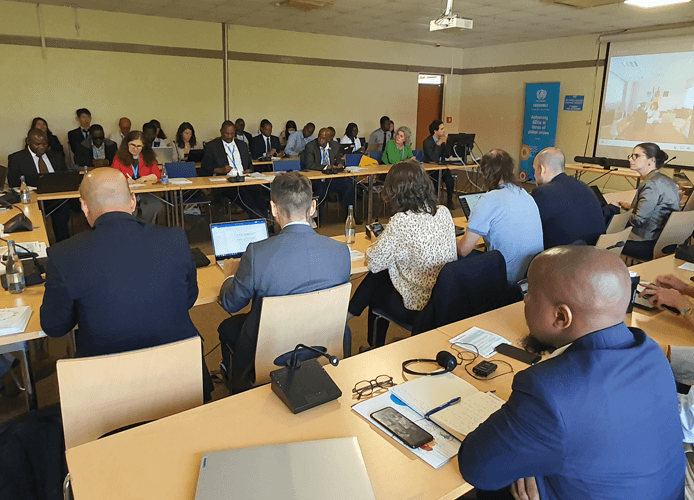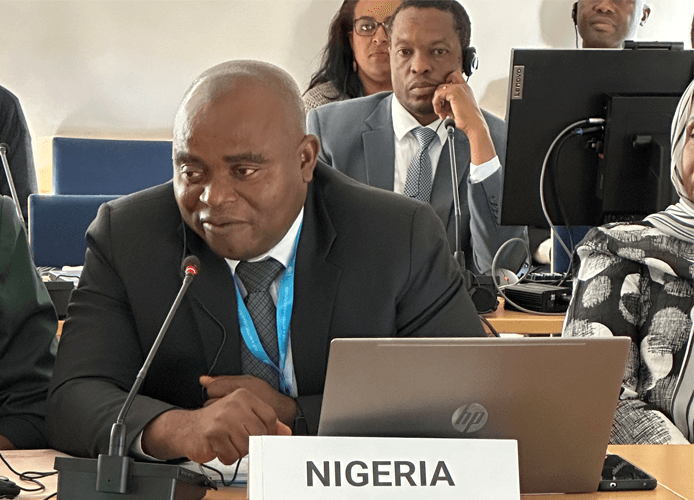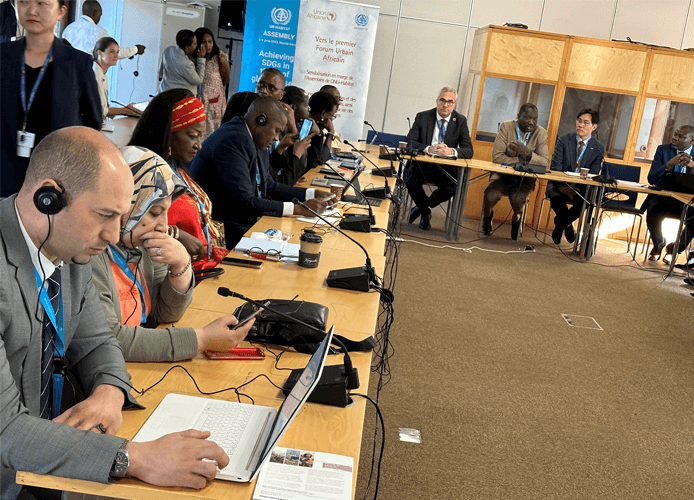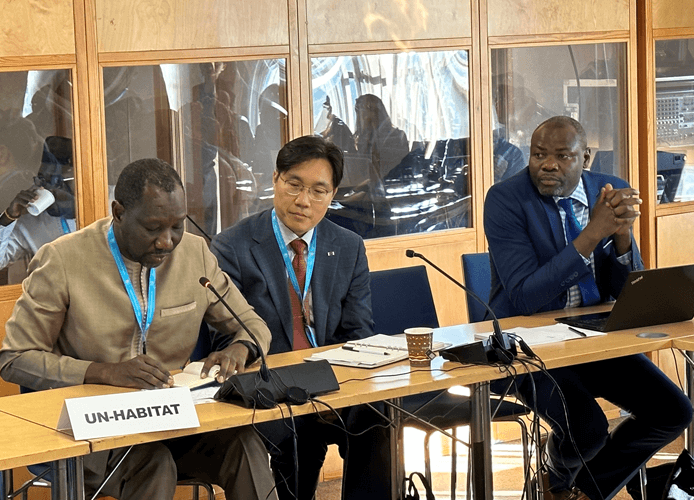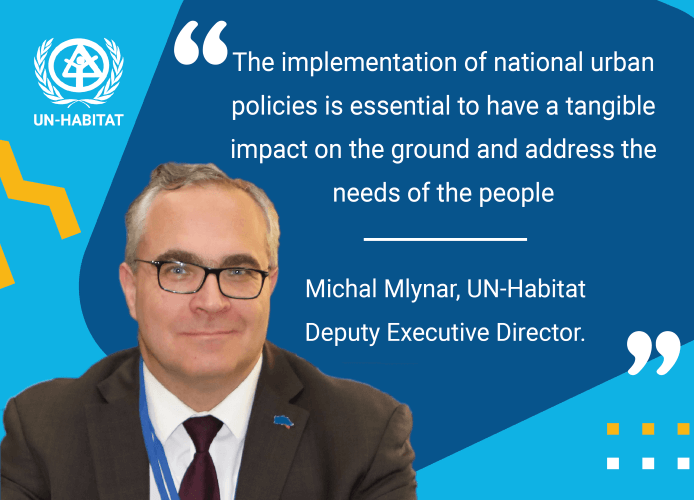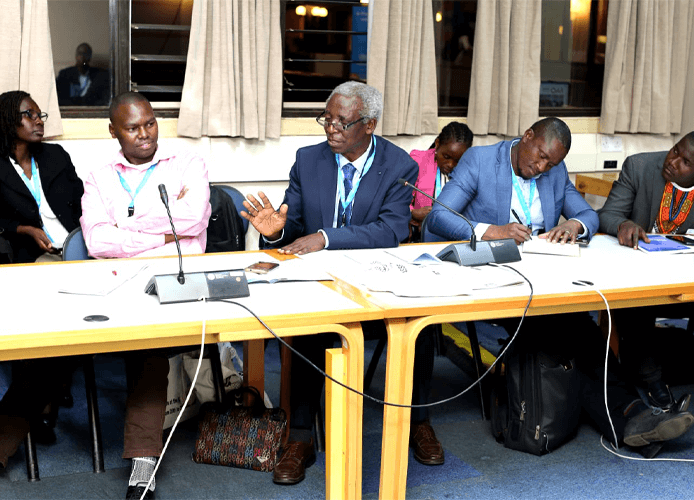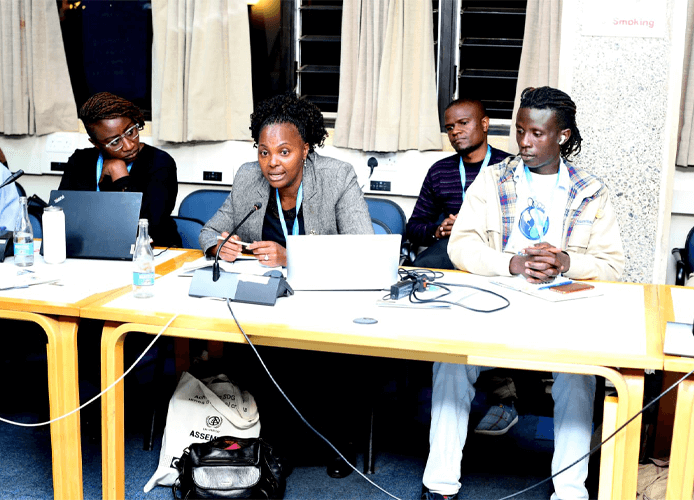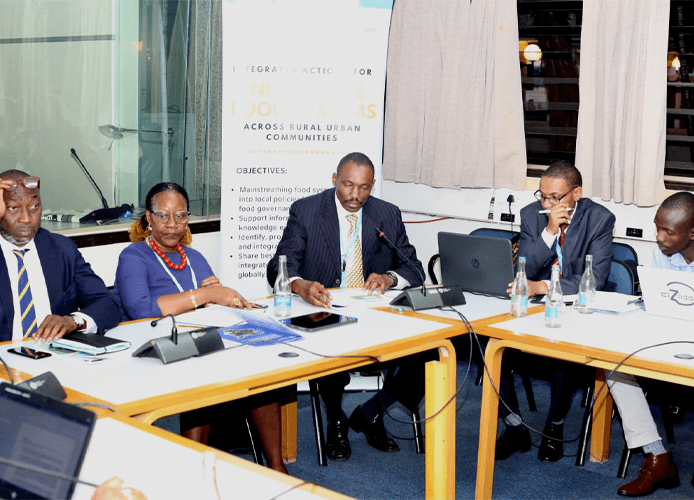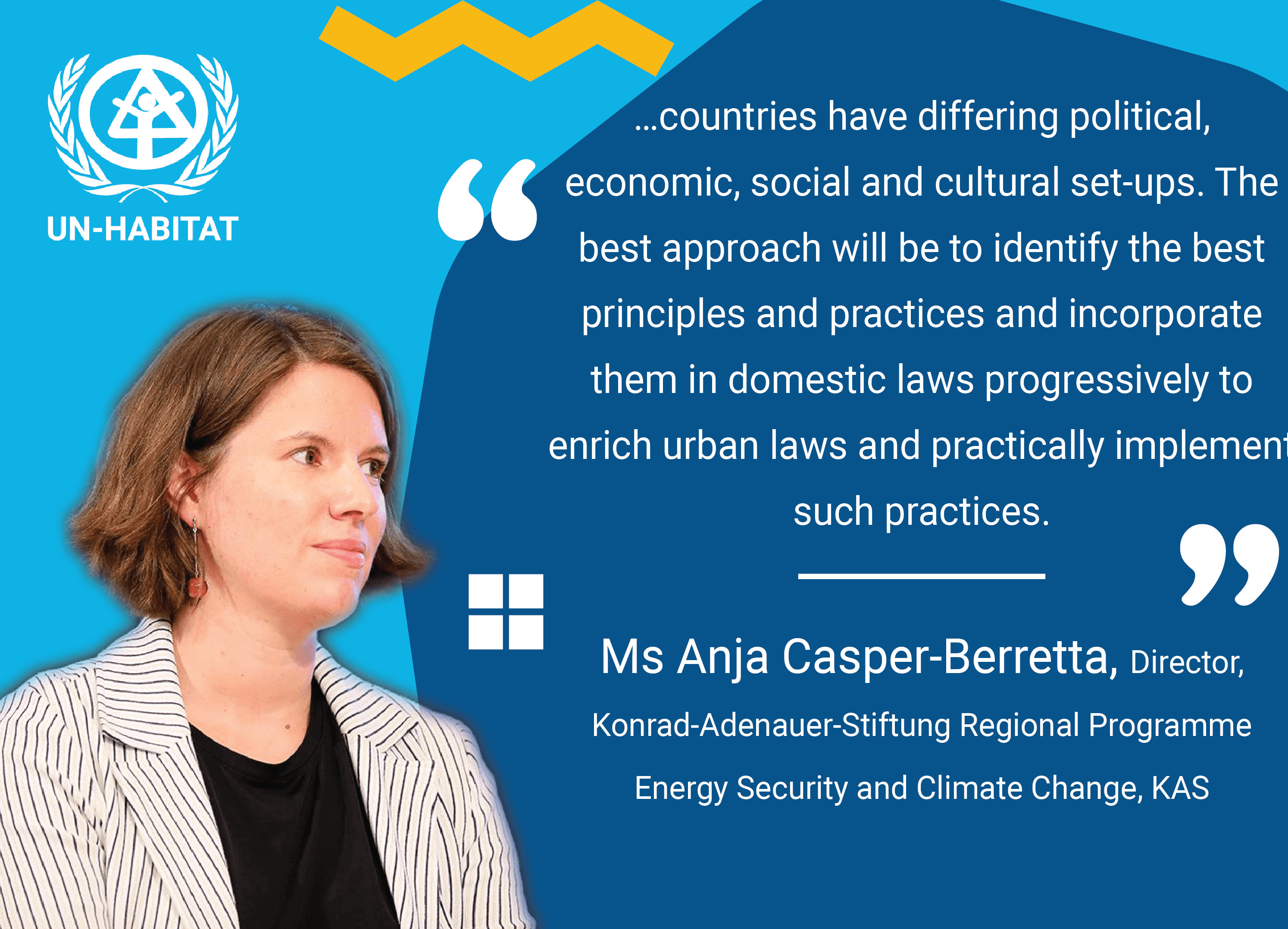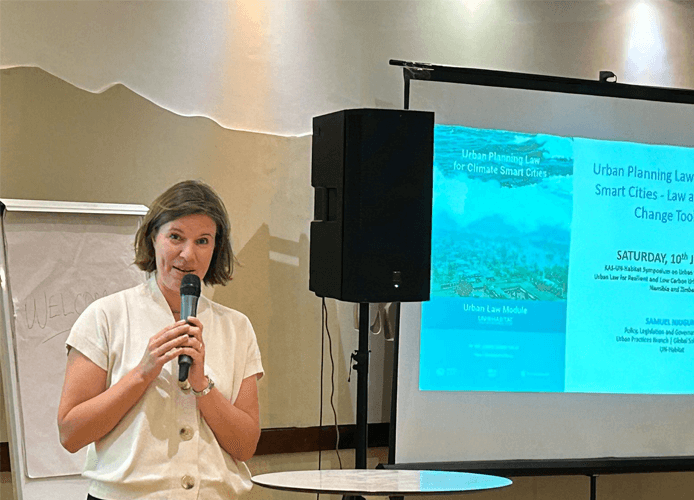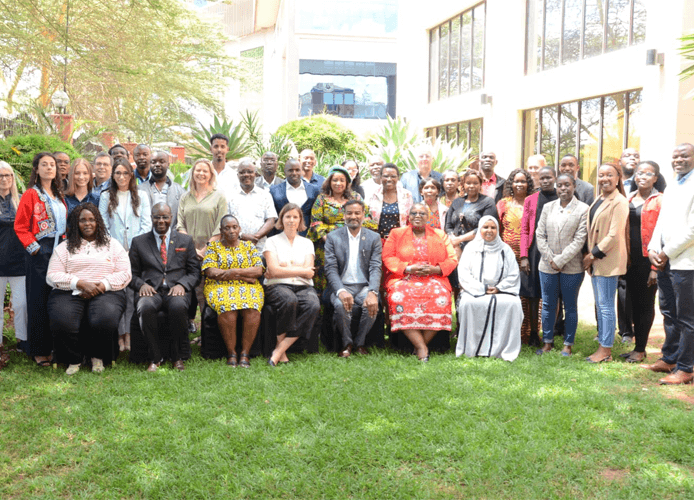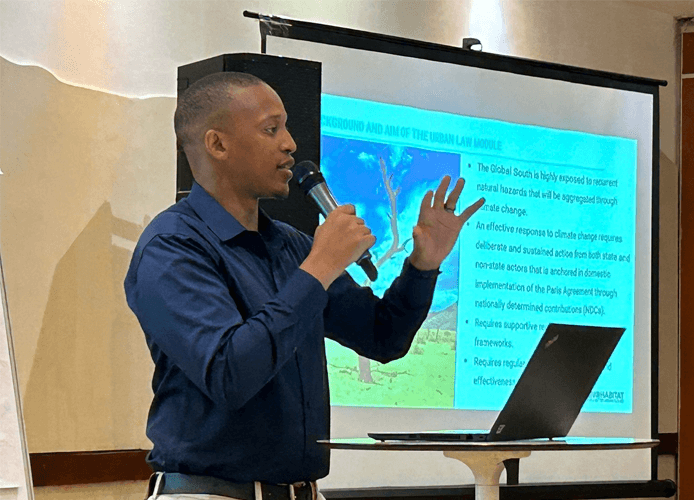5th–9th June 2023 | Nairobi, Kenya
“There is still time to achieve the SDGs and reverse global crises.” This was one of the messages that resonated with many during the second United Nations Habitat Assembly (5 to 9 June 2023, Nairobi, Kenya). Against a backdrop of global crises with adverse effects on cities and communities, the Assembly opened with a call for sustainable urban development and effective multilateralism to create more livable, sustainable, and resilient cities.
Click here to access the high-level thematic debates and discussion
- Universal access to affordable housing: exploring mechanisms to achieve the universal right to adequate housing and move towards removing existing barriers to affordable housing
- Urban climate action: exploring realistic urban pathways to achieving the global commitment to stay within 1.5˚C limit on rising temperatures by 2030
- Urban crises recovery: discussing how to empower cities to respond to urban crises and support national recovery efforts
- Localization of the Sustainable Development Goals (SDGs): examining local actions needed to advance the implementation of SDGs and targets contained in the 2030 Agenda
- Prosperity and local finance: exploring policies and market mechanisms to ensure financial flows directed towards urban development and reach local levels
Not only was the Assembly a platform for Member States to review and adopt Resolutions, Decisions and Declarations toward achieving sustainable urban development, but was also a convention for a myriad of stakeholders to engage in thematic side events, bilateral meetings, informal sessions, and other forms of convergence on sustainable urban development issues.
KEY MESSAGES
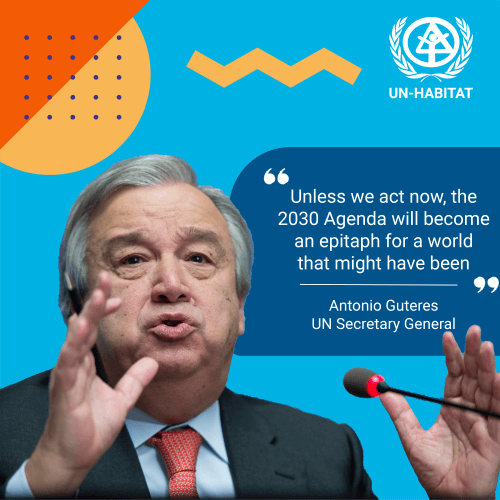
KEY MESSAGES
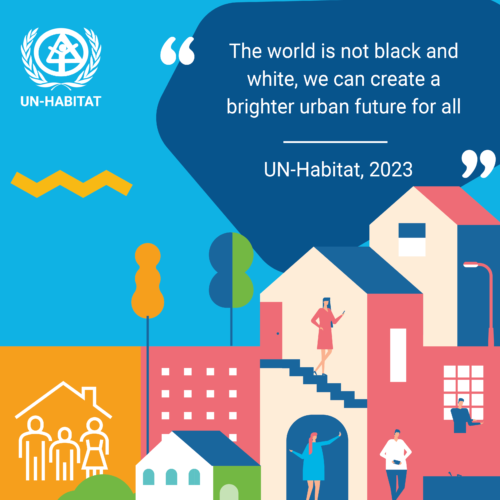
KEY MESSAGES
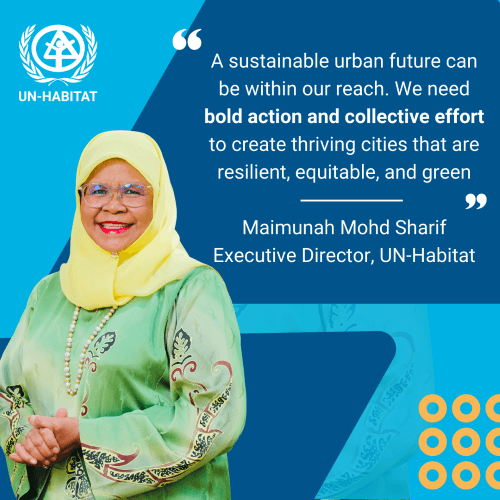
KEY numbers
Overall
Overall
side events
Several partners collaborated with PLGS and held 5 side events, multiple bilateral consultations and informal sessions covering the thematic areas of policy, legislation and governance, metropolitan management, and urban-rural linkages
MULTILATERAL GOVERNANCE THROUGH KOREA NATIONAL URBAN POLICY PROGRAMME IN 8 COUNTRIES: TRANSFORMING LIFE FROM PHASE1 TO PHASE 2
5th June, 2023
RECOVERING TERRITORIAL BALANCE BY STRENGTHENING URBAN-RURAL LINKAGES
7th June, 2023
AFRICAN MINISTERIAL SESSION ON NATIONAL URBAN POLICY
8th June, 2023
CITIES ENGAGED IN FOOD SYSTEM TRANSFORMATION: CHALLENGES AND OPPORTUNITIES
8th June, 2023
EMPOWERING CITIES FOR A SUSTAINABLE FUTURE: UN-HABITAT AND THE KONRAD ADENAEUR STIFTUNG REGIONAL PROGRAMME ENERGY SECURITY AND CLIMATE CHANGE (KAS) SYMPOSIUM ON CLIMATE SMART URBAN PLANNING LAW
10th June, 2023
- Key Milestone
Signing Ceremony between UN-Habitat ED and Commonwealth Associations on Urban Law Initiative
side events
We did it!
— UN-Habitat (@UNHABITAT) June 10, 2023
The second @UN Habitat Assembly adopted a historical resolution on “Affordable Housing for All.” Member States agreed to renew their call to prioritize housing and view housing as a human right.https://t.co/Kghrey41Yn pic.twitter.com/I1Q4Wx5VbV
#Fullhouse at the Africa Ministerial Session on #NationalUrbanPolicy!
— UN-Habitat, Policy, Legislation & Governance (@UNHABITAT_PLGS) June 10, 2023
The informative session established contacts and derived pathways to leverage on the #UrbanPolicy to accelerate the implementation of the harmonized framework for the #NewUrbanAgenda in #Africa.#NUA#UNHA2 pic.twitter.com/HGCd0f46IJ
"Cities have a footprint that we cannot underestimate for providing services. There’s real need to maintain strong connectivity between urban and rural areas" - @irenefagotto
— UN-Habitat, Policy, Legislation & Governance (@UNHABITAT_PLGS) June 8, 2023
An engaging session: Recovering Territorial Balance by Strengthening #UrbanRuralLinkages#UNHA2 pic.twitter.com/UiEcNTWTNk


